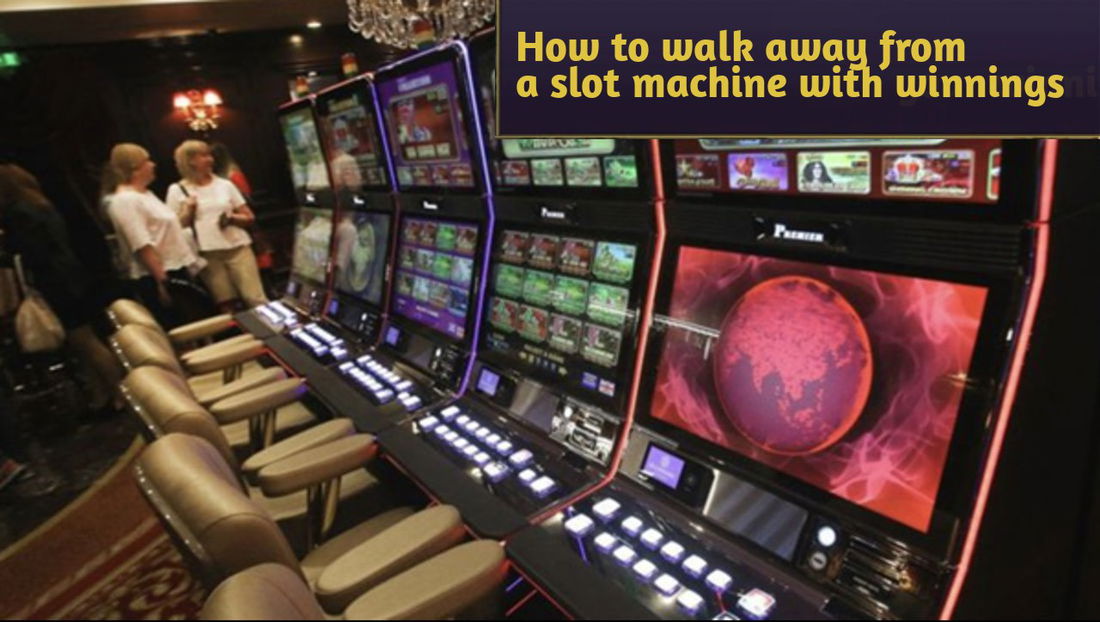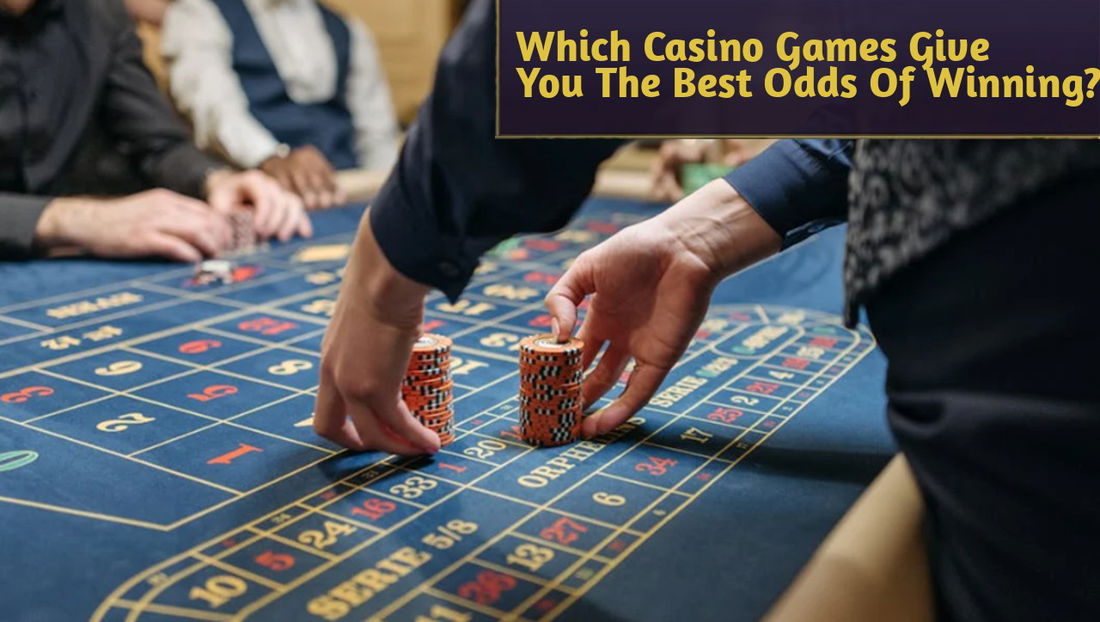All of this is very similar to what happens at a poker table.
Trading card game (TCG) players have so much more in common with poker players than they might think. The skills that make someone dangerous with a deck often match what makes another a potential threat in no-limit Texas Hold’em. The main objection is not copying poker strategies and how the game works. It’s in the subtle details, like noticing where the mental games align.
Money Management Lessons from the Poker World
Poker players are trained to think about their chips like a resource pool, limited, fragile, and often misleading. The best players don’t chase losses and walk away, conserve, or change gears. TCG players should think the same way about life points, mana, or energy systems. Don’t spend it all just to impress; instead, spend it to control the pace.
This is especially helpful in competitive environments, where card value and tournament timing matter. Knowing when to trade cards one-for-one or when to swing for the board can separate serious contenders from early exits.
Many players now compete online in real-money environments such as live dealer poker. Many online platforms offering instant withdrawals via cryptocurrencies or e-wallets allow winnings to be moved immediately after a game. This changes how players approach risk. There's no need to chase one big payout when small victories stack up and cash out fast. It is a practical edge. These platforms aren’t just convenient, they support smarter planning. Players manage their earnings more carefully, and that reflects the poker mindset perfectly, and that is always to know where your chips are going, both on and off the board.
Learning to Read the Room
In poker, you will always hear that success often comes down to reading the opponent, which, to be fair, is true. It comes down to understanding if your opponent’s quick bet is a bluff or strength, or whether the hesitation is an act or a slip. TCG is on par, offering similar signals, like how long someone holds a card, noticing how confidently they play, as well as whether they over-commit resources early or sit back and wait.
The hard truth is that sometimes, experienced TCG players get tunnel vision, focusing only on the board. Poker teaches you to look at the bigger picture, watching the person as much as the position. Eventually, and with time, you pick up on habits. Some players never pass priority without a plan. Others only go all-in when they're truly cornered. These patterns tell you more than a rare ever could.
Calculated Risks Beat Blind Confidence
Poker players know that there is a big difference between being aggressive and being reckless. You don’t go all-in just, you weigh the pot odds, the stack sizes, and your position at the table. TCGs have their version too. It’s the player who doesn’t blow through removal cards in the early turns or who holds a tempo swing for just the right moment.
What poker teaches you is restraint. This comes down to who makes the best decisions with what they’ve got. That patience translates well into trading card battles. If you can hold your nerve and let your opponent overextend, you’re halfway to winning the match before the final turn hits.
Control the Pace
Controlling the tempo of a game is one of the most underrated skills in both poker and TCGs, and how you play can rattle opponents.
● Adjust your speed, play faster when you're ahead to keep pressure on, or slow down to fake uncertainty.
● Hold cards in hand that suggest danger, even if you don’t intend to use them.
● Delay triggers or responses just enough to suggest you’re considering options.
● Take early initiative to put your opponent on the defensive.
● Shift your play rhythm during the match to stay unpredictable.
Tempo is about steering the match. Players who can manage pace are often the ones dictating the outcome without their opponents realizing it.
Bluffing Isn’t Just a Poker Move
In poker, bluffing is part of the game. Sometimes, you bet big to make people fold better hands. In TCGs, bluffing looks a little different, but it’s just as real. Maybe you leave two mana untapped to suggest you’re holding a counterspell. This may seem small, but it creates hesitation in your opponent. You want them second-guessing themselves, wondering if they’re walking into a trap. That’s poker psychology applied directly to trading card strategy, and it works.
Know When to Fold (Or Scoop)
There’s no shame in stepping away from a lost cause. TCG players can borrow this mindset straight from poker. When the odds are against you, saving face and resources is often the smarter play. Here’s when it makes sense to scoop:
● Your hand is unplayable, and you’re not drawing into anything that helps.
● Your opponent has complete board control with no clear way to answer.
● Your win condition is already in the discard or banished zone.
● Continuing would only waste time in a best-of-three format.
● You're tilted and need a mental reset before the next game.
Poker players survive by knowing when to stop the bleeding. TCG players should do the same. It’s not a weakness, see it as discipline. Smart retreats win long matches.
What poker and TCGs really have in common is the mindset. The ability to stay calm, adapt fast, and always think a few moves ahead. The best players know it’s not about playing the perfect hand. It’s about playing your hand better than your opponent plays theirs. That comes from practice, patience, and watching more than just your own cards.










— commentaires 0
, Réactions 1
Soyez le premier à commenter